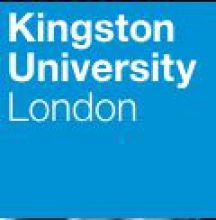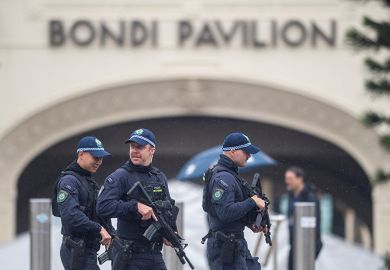When did a hate preacher last visit your university?
If you read some of the recent press coverage, you might imagine that these diabolical individuals are a common sight on campus, freely spouting “jihadi” ideas and hatred against minorities at every turn.
That is certainly how some news outlets interpreted the prime minister’s statement on countering extremism at universities last month, in which he named the four institutions that had hosted the most events involving extremist speakers.
Queen Mary, Soas, King’s College London – all part of the University of London – and Kingston University were branded “havens for Islamic fanatics” by the Daily Telegraph, and “hotbeds” for extremists by other news outlets.
With the statement released by 10 Downing Street – citing work by its new Extremism Analysis Unit – few journalists thought to question the information, which included the claim that “at least 70 events featuring hate speakers were held on campuses”.
But was it not a bit strange that there was no list of the supposed events and speakers held at each of the four universities?
None of the institutions appears to have had any contact with the analysis unit, nor was a list of speakers issued to them, prior to their being smeared by the announcement. All of which makes this naming and shaming a bit Kafkaesque.
There were other questions, too. Why, for example, did the government release a list of former students who had gone on to commit terrorist acts or travel to Syria to join radical groups, despite there being little or no evidence that these individuals had been radicalised while at university?
Looking at the Downing Street release, it seems almost certain that its most inflammatory passages are taken verbatim from a recent report by Student Rights, part of the Henry Jackson Society (which used exactly the same wording in many parts).
If you run the relevant passages through any plagiarism checker used by universities, it confirms the similarity.
Is this surprising? Perhaps not. Student Rights is probably the organisation to turn to for this sort of information, having spent years trawling student society websites looking for “extremist” speakers whom it deems to have expressed illiberal or worrying statements, albeit mostly not illegal ones, in the past.
But its motives for doing so remain somewhat unclear, as are the HSJ’s sources of funding.
That the vast majority of extremists whom it identifies are Muslims giving speeches to Muslim societies is also problematic – with the National Union of Students passing a motion condemning the organisation for pursuing an allegedly Islamophobic agenda, a claim the group denies.
However, whatever the agenda of Student Rights, Downing Street’s apparent unattributed use of the data will worry those who wonder who is driving the Prevent agenda, which critics say is having a chilling effect on free speech on campus and is a none-too-subtle form of racial profiling.
As long as individuals don’t break the law by inciting violence or religious hatred at events, why shouldn’t so-called extremists be allowed to speak to adult students, ask free speech champions. In such public arenas, any hateful views can be challenged and even ridiculed by intelligent, reasoned argument, they argue.
David Cameron’s reference to universities’ “duty to protect impressionable young minds” suggests that he thinks differently.
Of course, no university staff want to see students dragged into violent radicalism, but many are starting to ask if the Prevent duties might make matters worse.
Cases such as the Muslim postgraduate student at Staffordshire University who was questioned in the library after reading a book on terrorism show how Prevent duties can be very tricky to carry out sensitively.
If Prevent can stop violent acts from taking place in the UK, then most people would welcome it.
However, it would be interesting to know what exactly the lecturers in radiography, law and business studies who taught the students cited in the Downing Street release could have done differently to identify these would-be terrorists and stop them going down that path.
Register to continue
Why register?
- Registration is free and only takes a moment
- Once registered, you can read 3 articles a month
- Sign up for our newsletter
Subscribe
Or subscribe for unlimited access to:
- Unlimited access to news, views, insights & reviews
- Digital editions
- Digital access to THE’s university and college rankings analysis
Already registered or a current subscriber?






